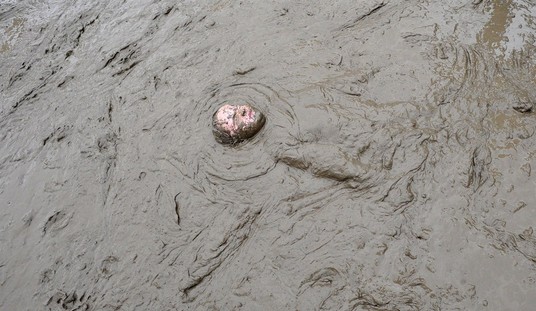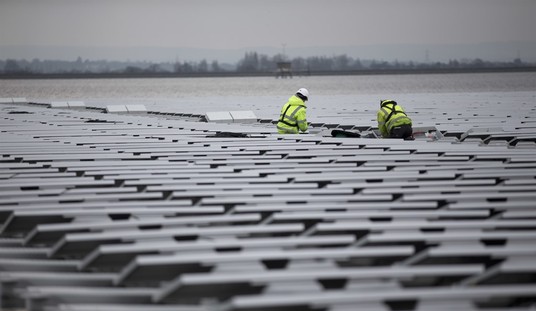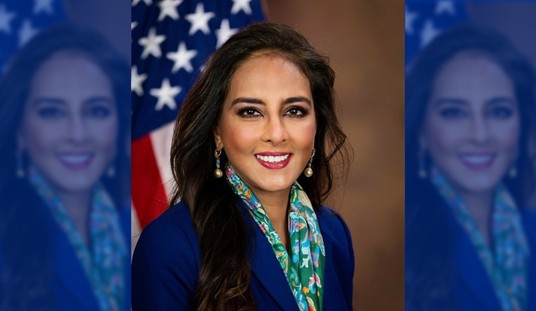
Donald Trump speaking at CPAC 2011 in Washington, D.C. by Gage Skidmore, licensed under CC BY-SA 2.0/Original
A study conducted by University of Pennsylvania sociologists showed that, contrary to mainstream reporting, America is less racist under President Donald Trump than more racist.
According to Spectator, sociologists Daniel J. Hopkins and Samantha Washington gathered a randomly-selected panel of 2,500 Americans whose changing opinions have been under study since 2008. The two expected to hear an increase in prejudicial remarks from the subjects, especially from the Republicans in their group.
However, the found the exact opposite:
Yet the study found exactly the opposite. Americans, claim Hopkins and Washington, have actually become less inclined to express racist opinions since Donald Trump was elected. Anti-black prejudice, they found, declined by a statistically-insignificant degree between 2012 and 2016, when Trump was elected. But then after 2016 it took a sharp dive that was statistically significant. Moreover, contrary to their expectations, the fall was as evident among Republican voters as it was among Democrats. There was also a general fall in anti-Hispanic prejudice, too, although this was more evident among Democrat voters.
Hopkins and Washington don’t know for sure why America has become less racist, but theorize that Trump’s comments on other races have been so racist that it has kicked up self-awareness within the population. The Spectator author also gave his theory and believes that seeing a black man in office spiked people’s prejudices. With a white man back in power, America has re-settled back into a state of ease.
I’m going to offer my own theory.
Barack Obama was notorious for making race an issue. John Gibbs wrote a piece in 2016 at The Federalist that perfectly encapsulated how Obama stoked the fires of racism during his two terms in office:
A small sampling of the ways he has done this are: accusing whites of “white privilege,”which means having an unfair advantage due to being white, an advantage built upon oppressing minorities; accusing the police and justice system at large of racism; blaming pay differences between men and women on discrimination; and casting Islamic radicalism as a legitimate response to discrimination (ostensibly by white Christians).
This strategy has had two effects: 1) It’s caused the alleged victims of the perceived discrimination to become more militant, hostile, and only willing to make demands and not willing to engage in dialogue due to increasing their sense of victimhood, and 2) It’s caused the alleged perpetrators of the perceived discrimination to feel unfairly blamed for problems that are not their fault, thus less willing to engage in dialogue with people who will do nothing but accuse them of wrongdoing.
In other words, both sides are moving away from each other. This means that, contrary to unifying the nation, the president’s leadership has caused division and discord.
In short, Obama told Americans that America was a racist, and as a result, America began dividing itself by race as we began pointing fingers at each other. Then Trump took office and this accusation of racism from the top disappeared, causing people to be less wary of each other.
This should also highlight the fact that Americans can exhibit little racism amongst the population while they discuss issues such as immigration and crime realistically.















Join the conversation as a VIP Member